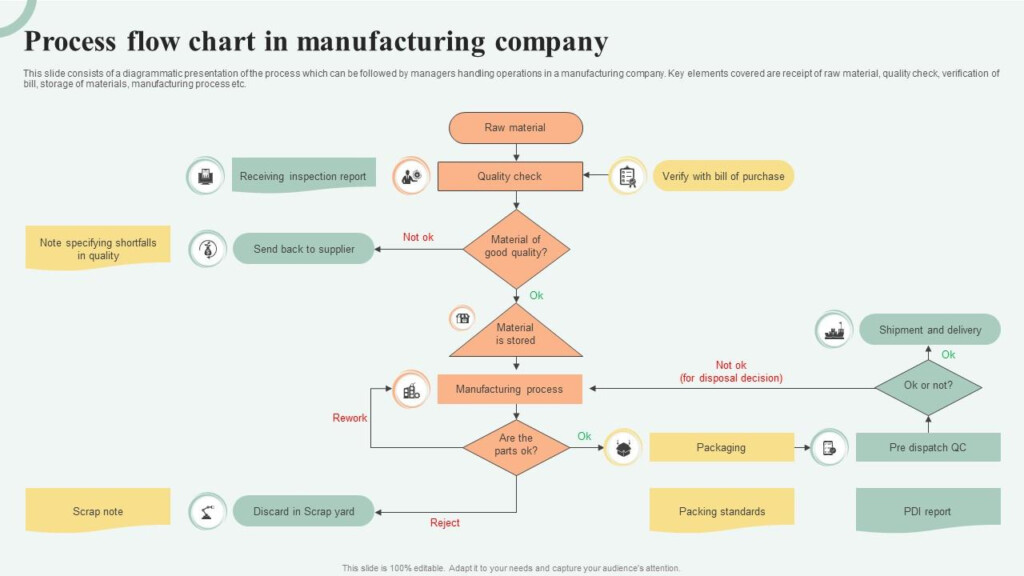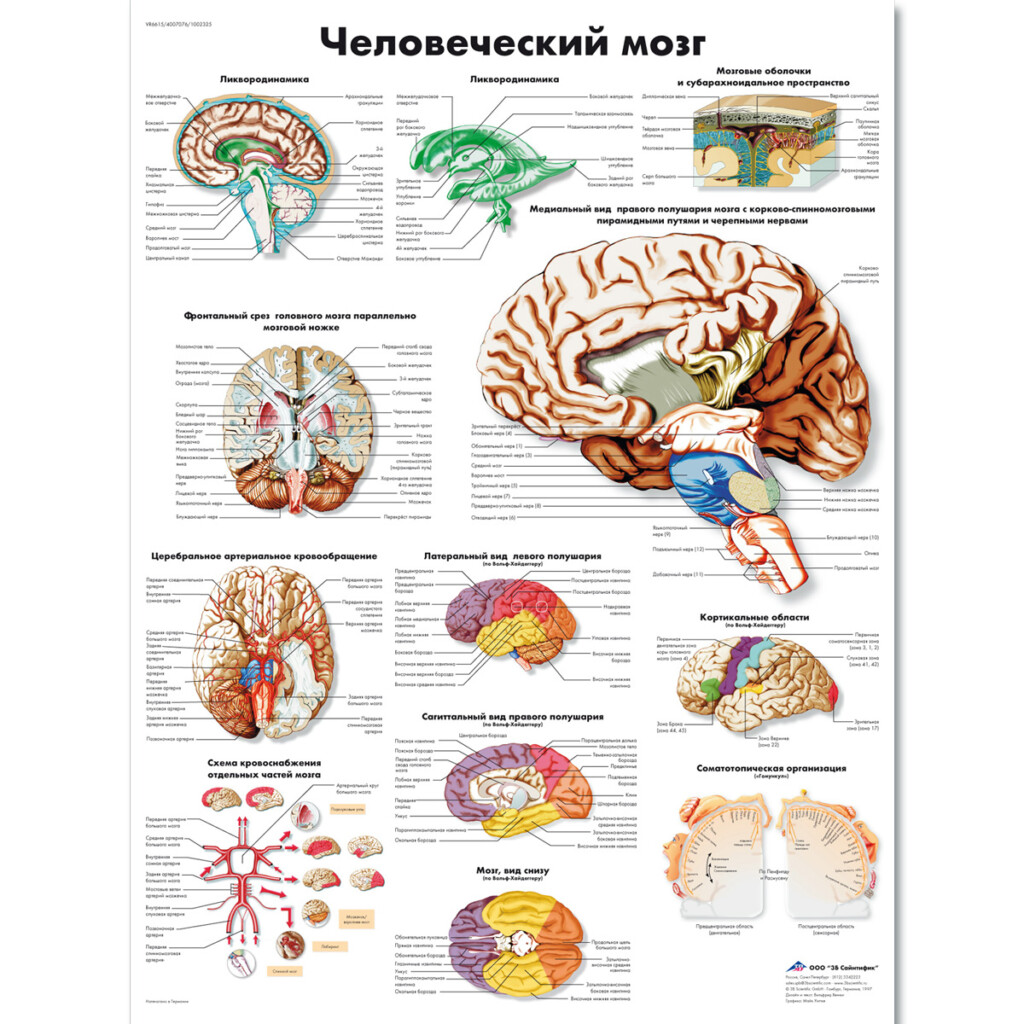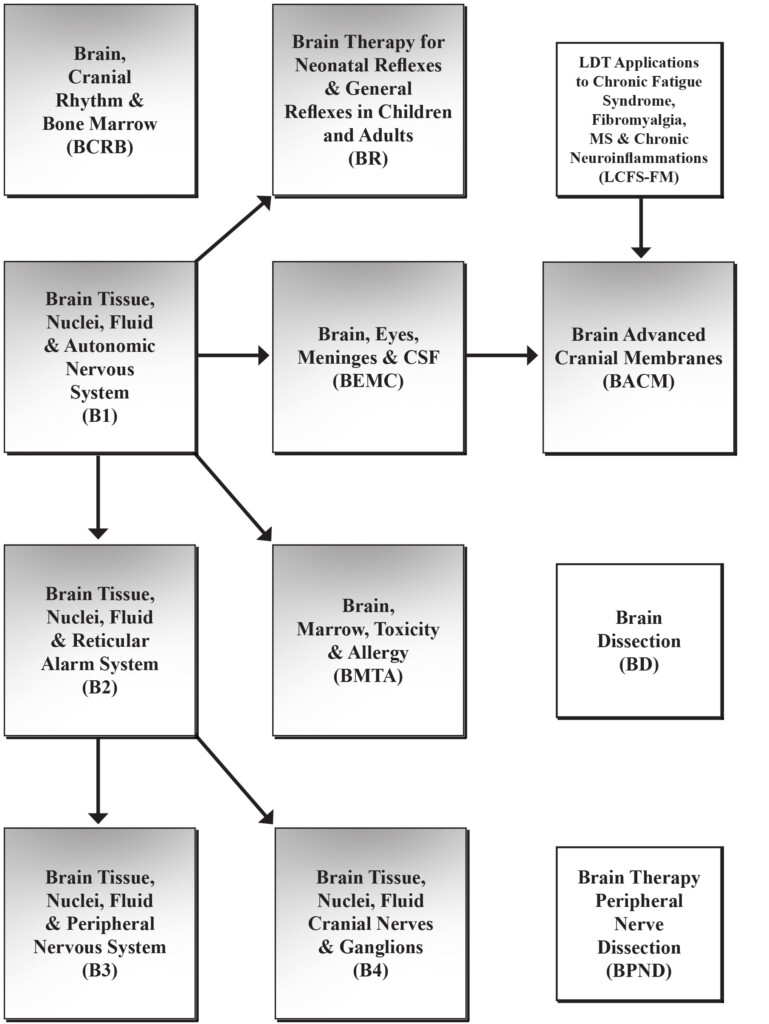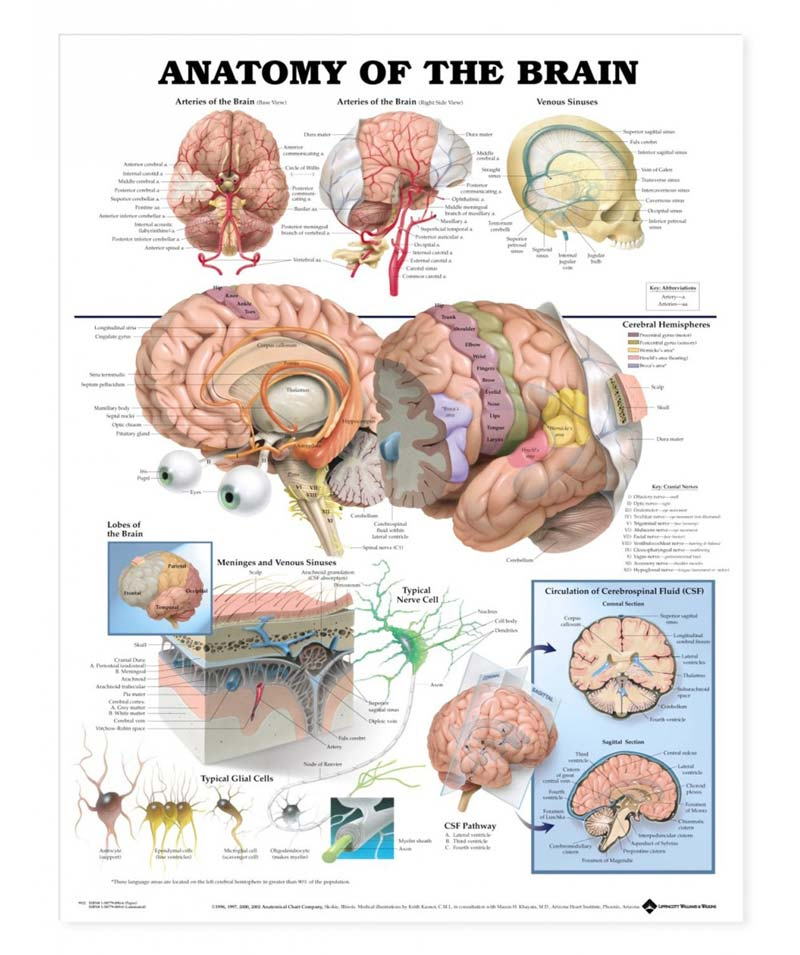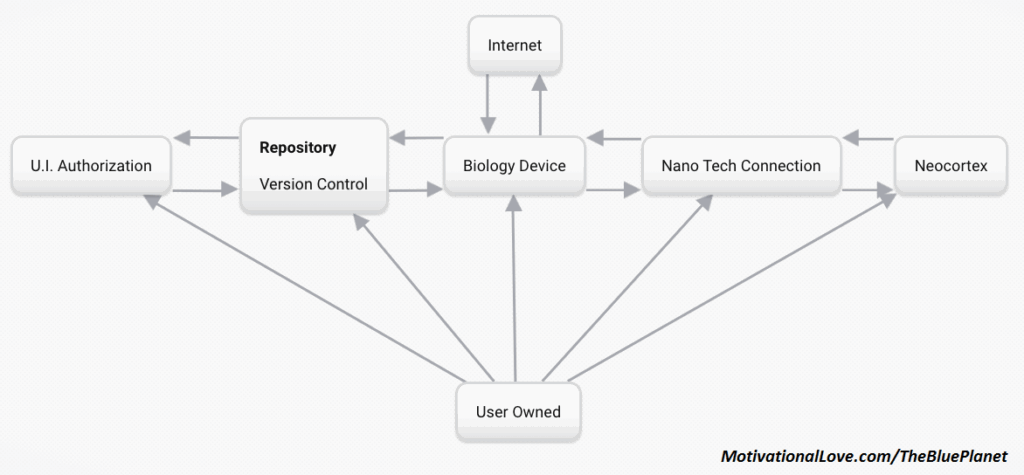The human brain is one of the most complex and fascinating organs in the body. It is responsible for controlling our thoughts, emotions, movements, and bodily functions. The brain can be divided into several main parts, each with its own unique functions. The flow chart of the brain starts with the cerebrum, which is the largest part of the brain and is responsible for higher cognitive functions such as reasoning, problem-solving, and language processing.
Below the cerebrum is the cerebellum, which is responsible for coordinating movement and balance. The brainstem is located at the base of the brain and is responsible for controlling vital functions such as breathing, heart rate, and blood pressure. Finally, the limbic system is located deep within the brain and is responsible for regulating emotions and memory.
Flow Chart Of Brain
Functions of the Brain
Each part of the brain plays a crucial role in our everyday functioning. The cerebrum is responsible for processing sensory information, initiating voluntary movements, and regulating emotions. The cerebellum helps to coordinate voluntary movements and balance, while the brainstem controls essential functions such as breathing, heart rate, and sleep-wake cycles.
The limbic system is involved in regulating emotions, memory, and learning. It also plays a role in our motivation and reward system. Understanding the flow chart of the brain can help us appreciate the complexity of this remarkable organ and how it influences our thoughts, behaviors, and overall well-being.
Conclusion
In conclusion, the flow chart of the brain provides a visual representation of the intricate connections and functions of this vital organ. By understanding the anatomy and functions of the brain, we can gain a deeper appreciation for its complexity and the role it plays in shaping our thoughts, emotions, and behaviors. Whether you are a student studying neuroscience or simply curious about how the brain works, exploring the flow chart of the brain can be a fascinating and enlightening experience.
References:
1. National Institute of Neurological Disorders and Stroke. “The Brain: Understanding Neurobiology.” https://www.ninds.nih.gov/Disorders/Patient-Caregiver-Education/Understanding-Neurobiology
Download Flow Chart Of Brain
Brain Parts Flow Chart
Brain Parts Flow Chart
Brain Flow Chart
Brain Flow Chart
